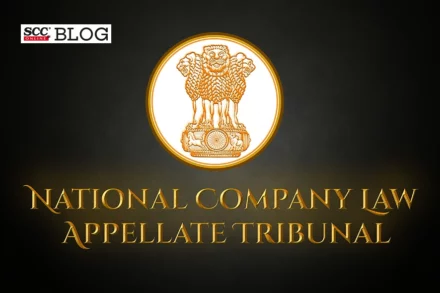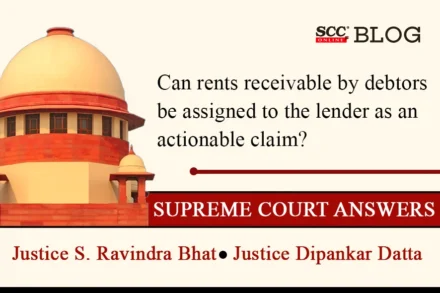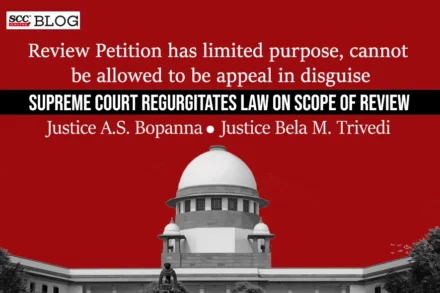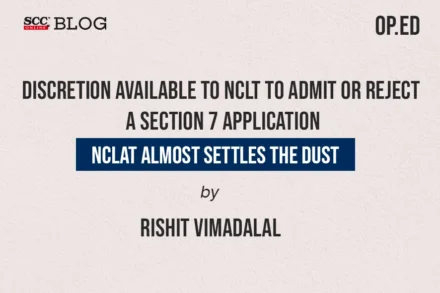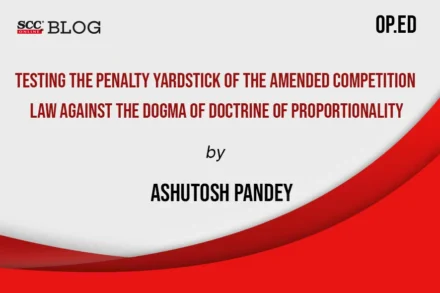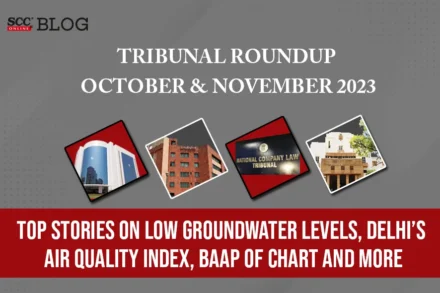
Tribunal RoundUp October and November 2023| Top Stories on Low Groundwater levels, Delhi’s Air Quality Index, Baap of Chart and more
A quick legal roundup to cover important stories from Tribunals, Regulatory Bodies, Commissions for the month of October and November 2023.



